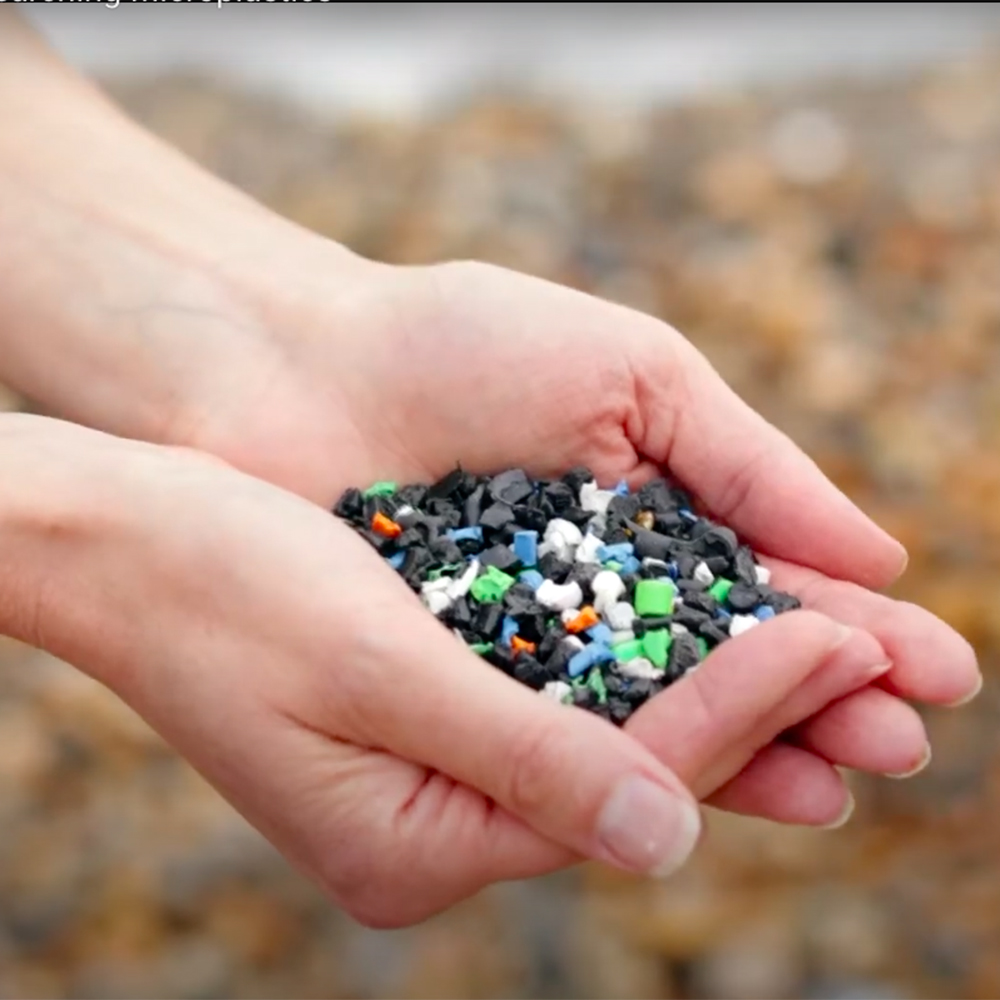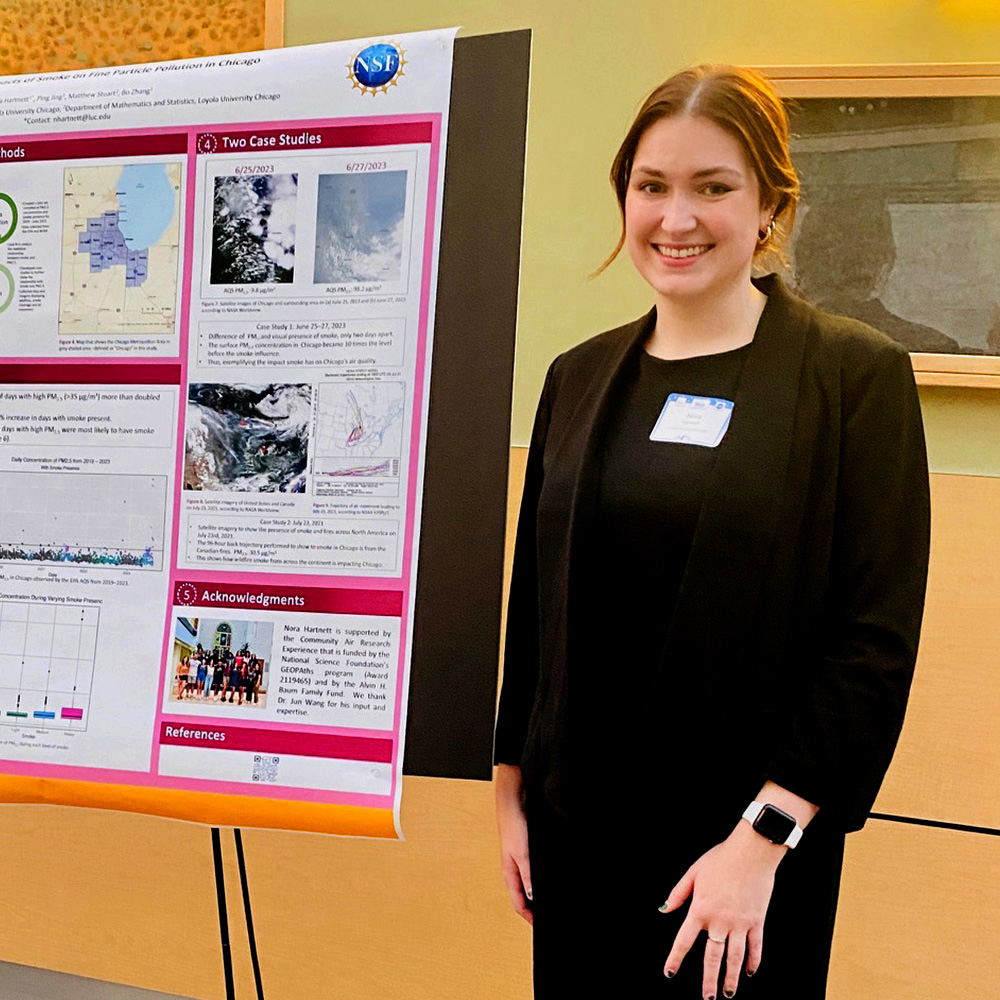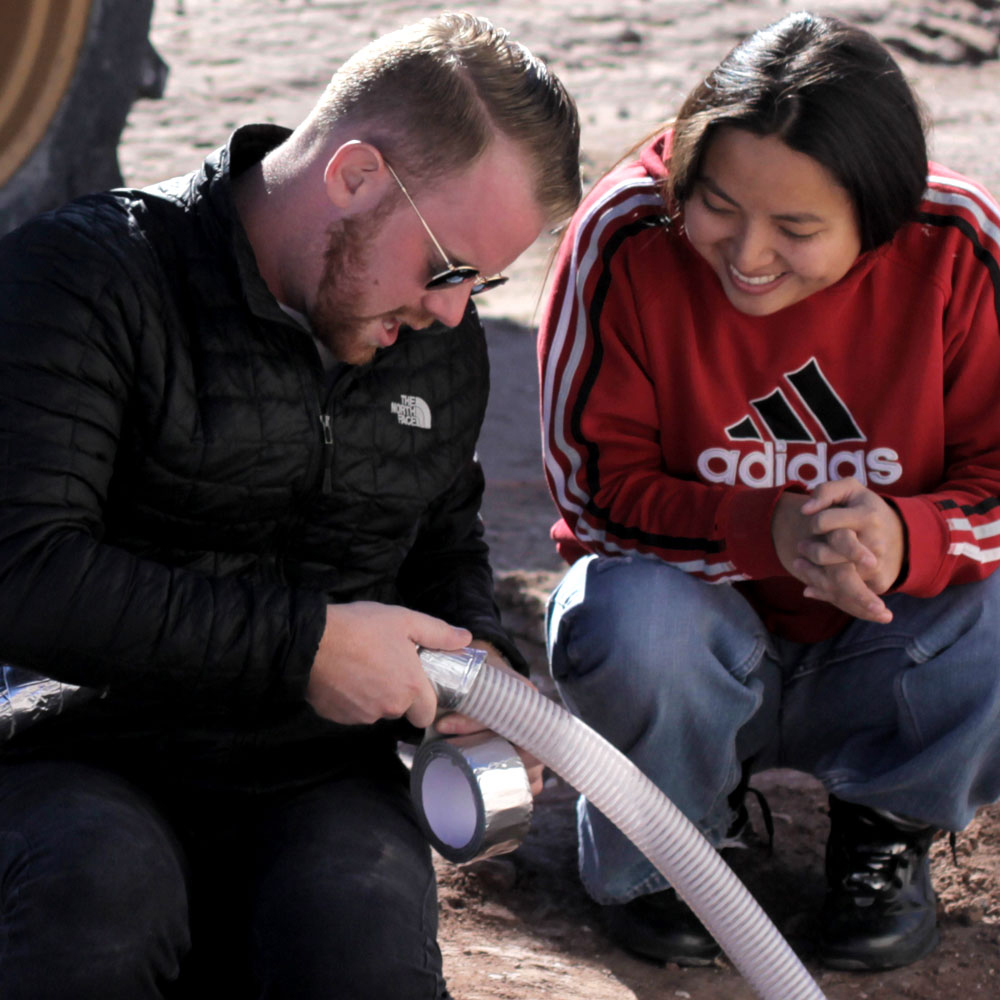Environmental Health and Toxicology
Microplastics in the Environment
Environmental Health and Toxicology
Air, water, and soil pollution damages ecosystems and harms human health. People exposed to environmental contaminants such as industrial chemicals, heavy metals, and pesticides can develop conditions such as cancer, asthma, and chronic obstructive pulmonary disease. Exposure to toxins can also cause neurological problems, damage the immune and reproductive systems, and impact children's development. Toxic substances in the environment typically have the most significant impacts on the poor and most vulnerable in society. This group studies the effects of environmental toxins and creates strategies to promote health and social justice.
Our Programs and Faculty
Related Degrees and Certifications
- Environmental Health (BS)
- Geographic Information Systems (certificate & concentration in MS)
Faculty and Staff
- Laura Brentner
- Justin Harbinson
- Tim O'Brien
- Greg Palmer
- Federico Sinche
- Yanning Wei
Facilities
At SES, students will have access to a multitude of facilities and resources. Facilities specific to this sustainability and toxicology include:
- Analytical Chemistry Lab
- Culture Lab
- GIS Lab
- Greenhouse
- Research Labs
- STEP Labs
Community Impact

Research
Researching Microplastics
Loyola graduate student Jenna Molaro, focuses on microplastics and why microplastics are such a big issue and how her time at SES has benefitted her research.
Watch Video
Student Research
Studying Smoke and Air Pollution in the Chicago Area
Loyola graduate student Nora Hartnett is investigating how fires across North America impact air pollution levels in the Chicago area. Her findings could inform new strategies for improving air quality and human health.
Read More
Alumni Story
Opening the floodgates
More than a million Americans don’t have access to clean running water. George McGraw (BA ’09) has a plan to change that.
Learn More